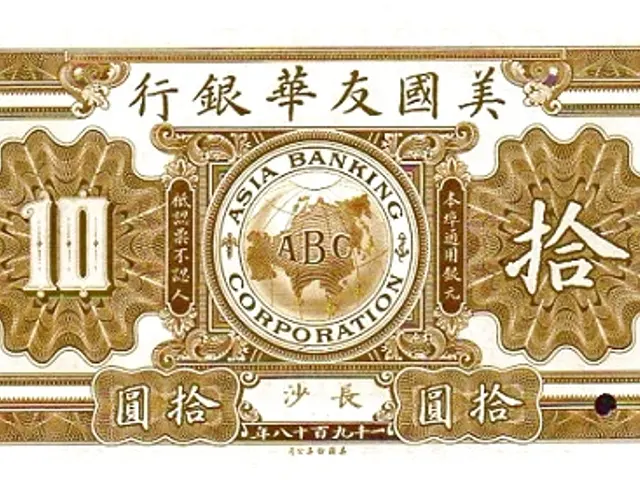De-escalating the India-Pakistan Clash: EU Steps In
Kickstarting the Convo
International Mediation: EU Promotes Peaceful Resolution amidst Atomic Dispute - Escalating nuclear tensions: European Union steps in to ease tensions
Tensions between India and Pakistan have flared up once again, causing quite a stir in the global community. As diplomatic cards are played and nerves are tested, the European Union (EU) steps in, making a concerted effort to cool the flames.
A Recap of Recent Events
- April 22, 2025: An appalling terrorist attack in the quaint town of Pahalgam, Kashmir, leaves 26 Indian tourists dead in its wake. India swiftly accuses Pakistan of its involvement, though no substantial evidence has surfaced to support this claim[1][3].
- Early May 2025: In response to the alleged cross-border links, Indian forces launch attacks on suspected terror camps within Pakistan-held Kashmir[1][3].
- May 2025: EU Foreign Policy Chief Kaja Kallas makes her stance clear, condemning the initial terrorist attack and urging both sides toward peace, maintaining a neutral yet forceful tone[2].
EU's Gameplan
- Balancing Act: The EU is carefully navigating its relations with both India and Pakistan, trying to steer a middle course that preserves its interests in both countries[2].
- Economic Pull: The EU's eyes are on a potential trade deal with India. Keeping this goal in mind, they're treading carefully in the conflict, hoping to keep their relations with India strong without alienating Pakistan[2].
- Regional Dynamics: The EU is also mindful of China's influence in the region, given China's close ties to Pakistan. The current conflict is a stark reminder of China's technological advancements in military equipment, which could potentially shape European defense strategies[2].
The Big Questions
- May 2025: The tension remains, with acts of war ongoing, as the EU pushes for a cease-fire. Pakistan, for one, has expressed interest in an international investigation into the Pahalgam attack, an initiative the U.S. could potentially back[1][3].
- May 2025: To complicate matters further, a Chinese-made aircraft operated by Pakistan is believed to have shot down an Indian Rafale during a skirmish. This incident raises intriguing questions about the capabilities and implications of Chinese military technology for European defense strategies[2].
In essence, the EU's role in calming this confrontation entails diplomatic finesse, the delicacy of which is essential to keeping the peace while respecting its economic and strategic objectives.
- The Europe Union (EU) is determined to protect the peace between India and Pakistan, despite the escalation of war-and-conflicts following the appalling terrorist attack in Kashmir, as shown by EU Foreign Policy Chief Kaja Kallas's condemnation of the attack.
- In an effort to exercise its influence, the EU is carefully balancing its relationships with both India and Pakistan, with a potential trade deal with India in mind, recognizing the political and general-news implications of nuclear tensions.
- The EU is concerned about the regional dynamics, particularly China's influence in the region, given China's close ties to Pakistan, as China's technological advancements in military equipment could shape European defense policies.
- The EU is pushing for a cease-fire and supports Pakistan's interest in an international investigation into the Pahalgam attack as the tension continues, with acts of war ongoing, and intriguing questions arising about the capabilities and implications of Chinese military technology for European defense strategies.








